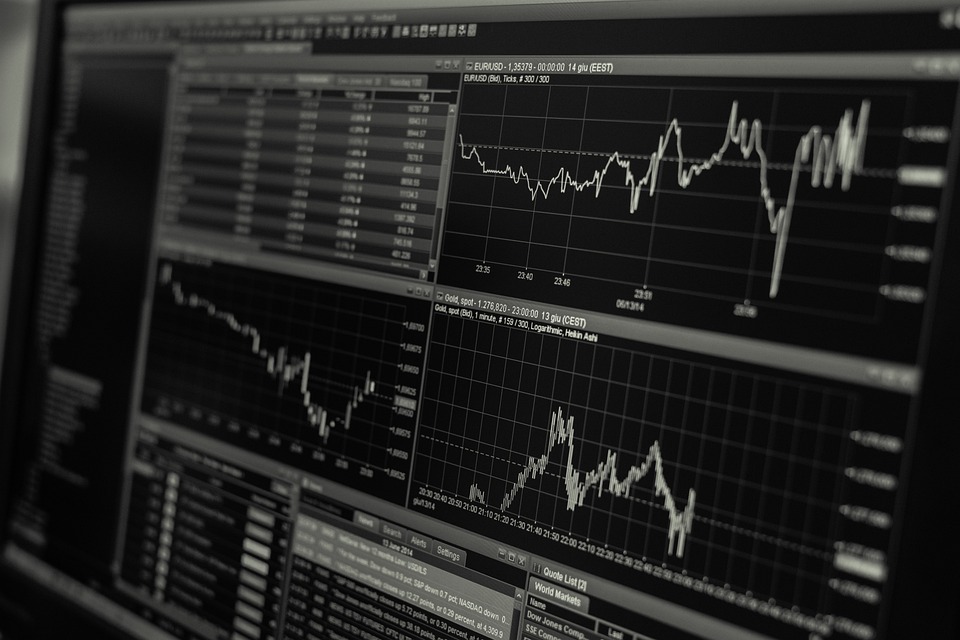The Rise of Interest Rates
The inflation and interest rates remain at an all-time high in Singapore right now. As seen in September 2022, Singapore's annual inflation rate stands at 7.5%. Interest rates have hit a high of 3.89%, with fixed home rates reaching up to 3.85%.
If you fx trade within Singapore, it is important to know what is going on and factor in how this might affect your trading moving forward. Although you think these drastic interest rates might not affect you - they will. Singapore is a trade-dependent place, and changes to interest rates in the world's largest economy (the U.S.) will massively affect everyday Singaporeans in things such as home loans, investments, and savings.
Read on to find out how to prepare for it.
Things You Need to Know
Global markets, especially the United States, influence Singapore's interest rates. The Federal Reserve (otherwise known as Fed) has increased interest rates and will continue to do so in the following years in an attempt to handle inflation. Because of this, Singapore's domestic interest rates have risen and are also expected to rise at a higher rate in the coming years. For Singaporeans, this means their homes will become more expensive, personal loans will increase, and interest rates on credit card bills will rise if they are not paid on time. As well as this, it means there will be a higher cost of borrowing for some companies, which could ultimately lead to many workers being made redundant. The fact that interest rates have soared is not a good sign for investors or the stock market in general.

Stock trading monitor
You might be wondering why the Fed is increasing interest rates. They aim to promote a state of 'maximum employability and stable prices' as the showcase for the U.S. economy. If prices are 'stable,' it sets an example to the rest of the world that the U.S. is keeping inflation in check. This is achieved by adding adjustments to the federal rate fund, more commonly known as the interest rate.
As interest rates have increased throughout 2022 in the United States, the Fed has increased overall interest rates to fight inflation. However, this doesn't mean good things. Rising rates mean the borrowing cost will increase, resulting in a loss of demand for services and goods. Yet, when demand falls, inflation will fall too.
As is to be expected, higher interest rates mean that the cost of taking out a loan becomes much more expensive. This affects the majority of Singaporeans, as many will have to take out a home loan. Suppose you are a household owner taking out a mortgage loan based on the SIBOR (Singapore Interbank Offered Rate) and Singapore Overnight Rate Average (SORA). In that case, you can expect to pay much higher interest on your loan for the next couple of years. As a Singaporean, if you are currently on what is known as a 'floating' home loan, you should reconsider re-financing your property to avoid having to pay large amounts of interest.
Other types of loans, like personal and car loans, will also be affected, with much higher interest. It would be wise to clear your debts sooner rather than later to avoid interest. If you are about to borrow money, you should follow a similar method.
Due to the higher interest rates, Singapore banks have too increased interest rates on fixed deposits and saving accounts. Rises have been seen in the last few months for Singapore Government securities, Treasury Bills (known as T-bills), and Singapore Saving Bond (known as SSB).
As found in the most recent Federal meeting, the stock market has officially dropped. Fed Chairman Jerome Powell has gone on to dismiss the idea that the rise in interest rates will stop. He did hint, however, that rises will happen in a slower, less drastic way. In Singapore, the overall effects of rising interest and inflation have been followed in a similar suit to the state of affairs in the United States. So, although we cannot predict what will happen in a potentially turbulent financial 2023, it is important that now more than ever, you prepare yourself by planning your finances well and protecting yourself as much as possible.






